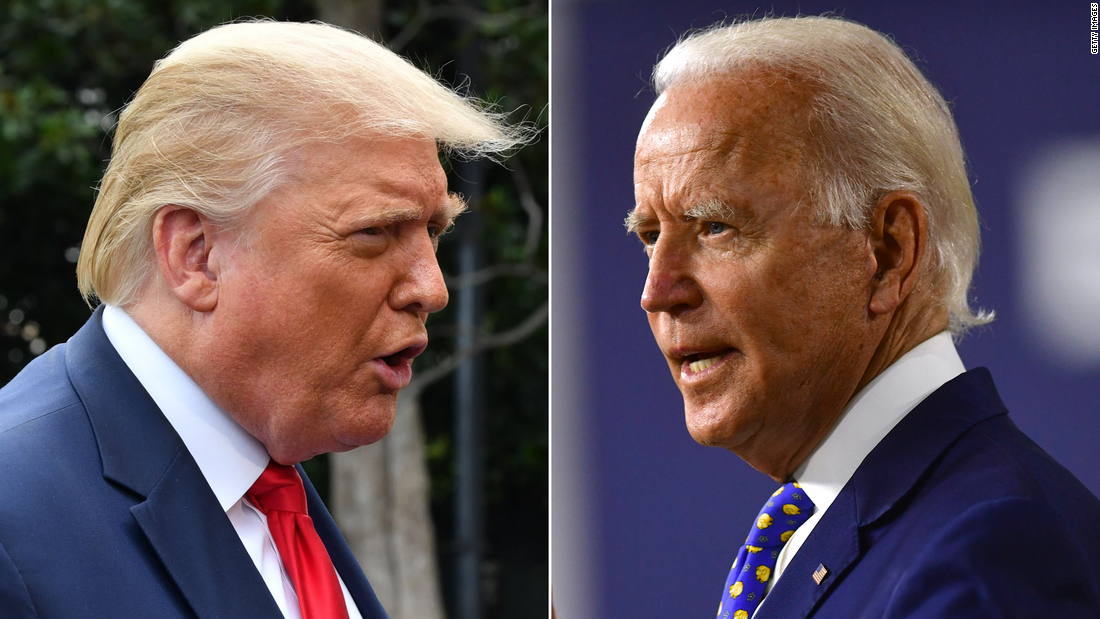“We assess that China prefers that President Trump — whom Beijing sees as unpredictable — does not win reelection,” said William R. Evanina, director of the National Counterintelligence and Security Center, in a statement updating the election threat landscape heading into the November election.
“China has been expanding its influence efforts ahead of November 2020 to shape the policy environment in the United States, pressure political figures it views as opposed to China’s interests, and deflect and counter criticism of China.”
“We assess that Russia is using a range of measures to primarily denigrate former Vice President Biden and what it sees as an anti-Russia ‘establishment.’ This is consistent with Moscow’s public criticism of him when he was Vice President for his role in the Obama Administration’s policies on Ukraine and its support for the anti-Putin opposition inside Russia,” Evanina added.
Evanina also stated that Iran is seeking to “undermine US democratic institutions, President Trump, and to divide the country.”
The statement from Evanina is the clearest the intelligence community has been in suggesting Russia prefers one candidate over the other in the 2020 race.
The intelligence community in 2017 assessed Russian President Vladimir Putin ordered an “influence campaign” aimed at harming Hillary Clinton and designed to help Trump win.
An official with the Office of the Director of National Intelligence told CNN that there’s “no particular rank or order by which the threat actors are listed” in Evanina’s statement.
“Each of these adversaries poses a threat to our election and it’s imperative that we all work together as a nation to combat them,” the official told CNN in a statement Friday.
The official said the assessments are the “most current, accurate, and objective election threat information the Intelligence Community has to offer in an unclassified setting at this time.”
Biden’s campaign advisers have already discussed Evanina’s assessment, according to one person familiar with the discussions. The team has specifically focused on the semantics of the statement as it relates to the former vice president, noting that Russia is unambiguously looking to “denigrate” Biden while China simply “prefers” a Trump defeat.
Evanina came under fire from Democratic leaders last month when he last issued a warning about efforts by Russia, China and Iran to interfere in the November election. Lawmakers claimed his statement did not go “nearly far enough” in providing the American public with information about foreign attempts to influence the election.
In a joint statement, Sens. Marco Rubio, acting chairman of the Senate Intelligence Committee, and Mark Warner, the top Democrat on the Senate Intelligence Committee, on Friday thanked Evanina for providing the additional information about the threats and encouraged the intelligence community to “continue to make this information available.”
The two senators also called on “political leaders on all sides to refrain from weaponizing intelligence matters for political gain, as this only furthers the divisive aims of our adversaries.”
The head of the Cybersecurity and Infrastructure Security Agency (CISA), Christopher Krebs, also praised the transparency of Evanina’s statement — but specifically mentioned Russia and not the other countries by name.
“We have long said Russia and other nation-states are targeting our elections,” Krebs said in a statement Friday. “We knew this to be true in 2016, we know it’s true today and we know they will continue to attempt to interfere.”
In his statement Friday, Evanina said, “Many foreign actors have a preference for who wins the election, which they express through a range of overt and private statements; covert influence efforts are rarer.”
In providing an example of Russia’s attempts to “denigrate” Biden, Evanina accused pro-Russia Ukrainian parliamentarian Andriy Derkach of “spreading claims about corruption” to undermine Biden’s candidacy and the Democratic Party.
Evanina also said some with ties to the Kremlin seek to boost Trump’s candidacy on social media and Russian TV.
“Beijing recognizes that all of these efforts might affect the presidential race,” Evanina said.
This is a breaking story and will be updated.
CNN’s Manu Raju and Veronica Stracqualursi contributed to this report.

